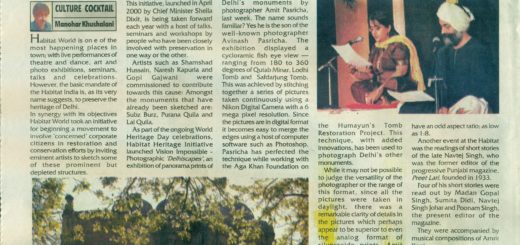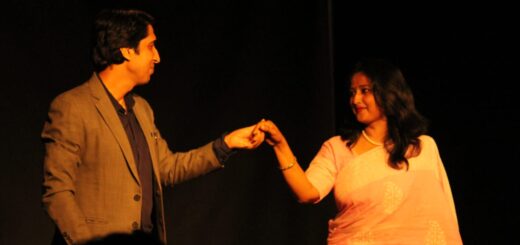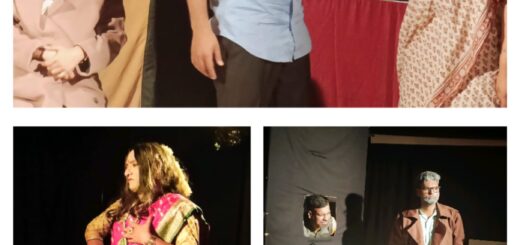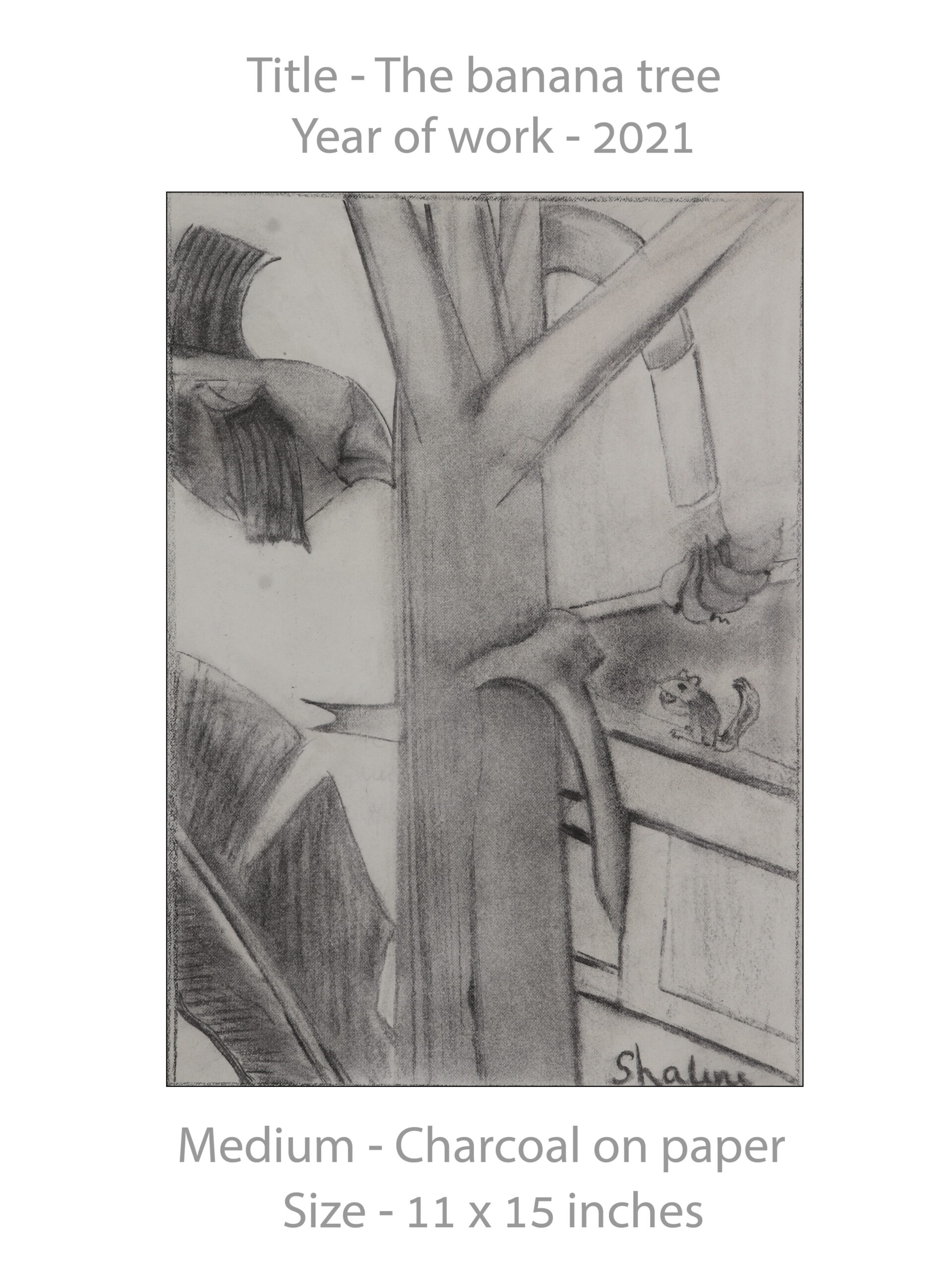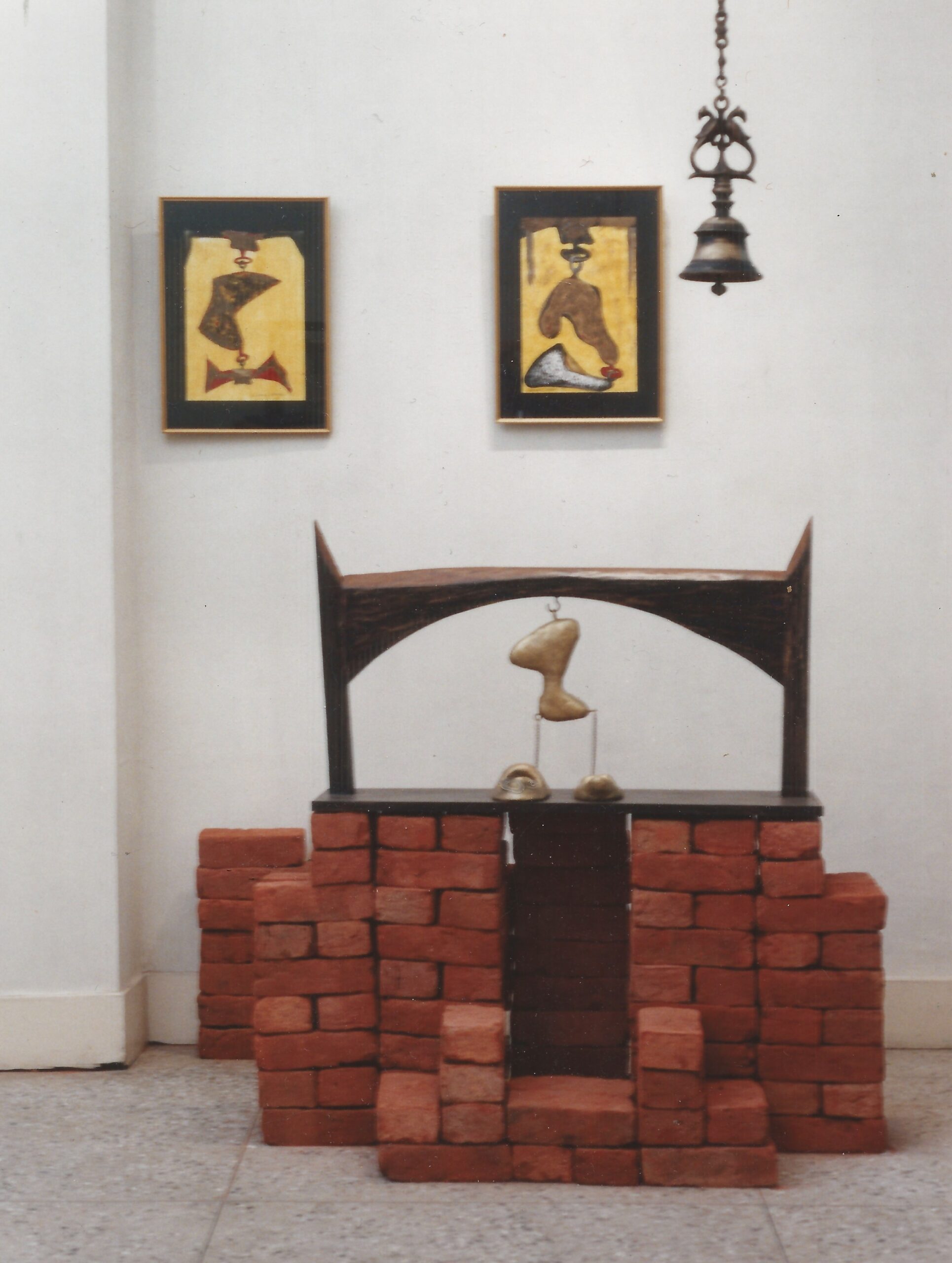Ernest Hemmingway’s Play: The Old Man
Story: Ernest Hemingway
Director: Sahidul Haque
Group: Orchid Theatre, Nagaon
Language: Assamese
Duration: 1 hr 10 mins
The Play
As the play opens, the audience is acquainted with the fact that the protagonist of the story, the old fisherman Vodai, has gone 84 days without catching a single fish. ‘Vodai’ is considered the worst form of misfortune. In fact, this fisherman is so unlucky that his young apprentice, Rongmon, has been forbidden by his parents to sail with the old man, and been ordered to fish with more successful fishermen. Still dedicated to the old man, however, the boy visits Vodai’s hut each night, hauling back his fishing gear, getting him food and talking to him about his life journey and stories from his past…
Director’s Note
The Old Man is a dramatic adaptation of Ernest Hemingway’s classic The Old Man and the Sea in Assamese. The mighty Brahmaputra with its tributaries flows through Assam, a state in the North Eastern region of India. It is the lifeline of the people of this valley. The river is witness to the several ups and downs in the life of people living in and around it. People in the valley earn their livelihood and are dependent on the river directly or indirectly, either as fishermen, boatmen or as daily wage labourers. We humans have destroyed nature for our greed. Nature has begun to show its anger in return in the form of disasters. This region around the Brahmaputra River faces frequent floods. This conflict between humans and nature goes on year after year.
Loneliness is a complex and usually unpleasant emotional response to isolation. Loneliness typically includes anxious feelings about a lack of connection or communication with other beings, both in the present moment while also extending into the future. As people grow old, loneliness begins to get manifested in their lives in different forms. At some point in time, this feeling becomes synonymous to existence as one grows old. But, even as this situation seems hopeless, life gifts one with the will power to push oneself mentally, beyond the powers of reasoning, towards a stronger, more positive and optimistic world view.
The Director
Sahidul Haque, an actor, director, designer and painter, belongs to the beautiful land of Assam. He was an active practitioner of folk theatre till college, and then love for theatre led him to HCRFTA, Himachal Pradesh. He then joined the NSD TIE Co. as an actor-teacher for 7 years. He directed more than 35 plays in Hindi, English, Assamese, Non-verbal, Tiwa and Rabha and participated in many national-international theatre festivals like Bharat Rang Mahotsav, Poorvottar Natya Samaroh, Natasurjya Theatre Festival etc.
The Writer
Ernest Hemingway (July 21, 1899 – July 2, 1961) was an American novelist and short-story writer. He was awarded the Nobel Prize for Literature in 1954. He was noted both for the intense masculinity of his writing and for his adventurous and widely publicized life. His succinct and lucid prose style exerted a powerful influence on American and British fiction in the 20th century.
The Group
Orchid Theatre was established on September 2, 2005 at Nagaon, 100 km away from Guwahati, Assam. Guided by famous theatre personality Janada Borah, it was established by Sahidul Haque with the help of 50 energetic young workers of Nagaon. Around 10 villages of Nagaon district are actively attached with the group. Orchid Theatre is engaged in training theatre, dance, music, drawing and painting and holds workshops and activities.
Cast & Credits
On Stage Chanku Niranjan Nath, Barnali Medhi, Bikash Bangthai,
Himangshu Dewri, Sahidul Haque
Music Sonmoni Sharma
Light Tapan Baruah
Costume & Make-up Barnali Medhi
Voice-over poem Chanku Niranjan Nath
Set Sahidul Haque
Assamese Adaptation Dikha Moni Bora
Story Ernest Hemingway
Director Sahidul Haque
Contacts
Director, Orchid Theatre
Dhepajan Morikolong
Nagaon – 782101 Assam
M: +91 9650068254
E: sahidulhaq@gmail.com,
orchidtheatreforum@gmail.com



